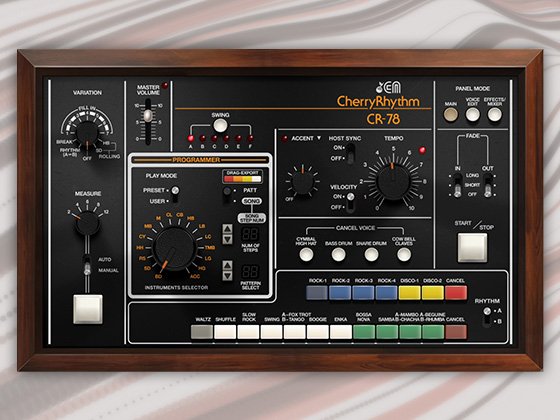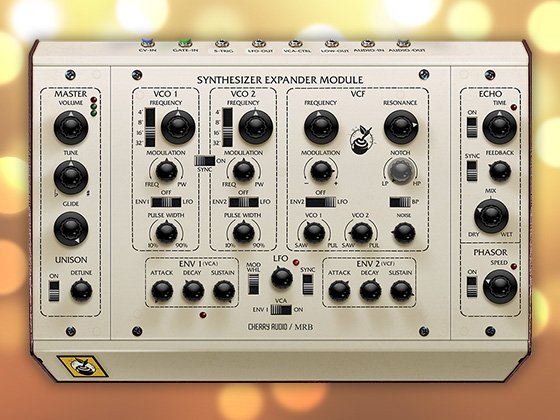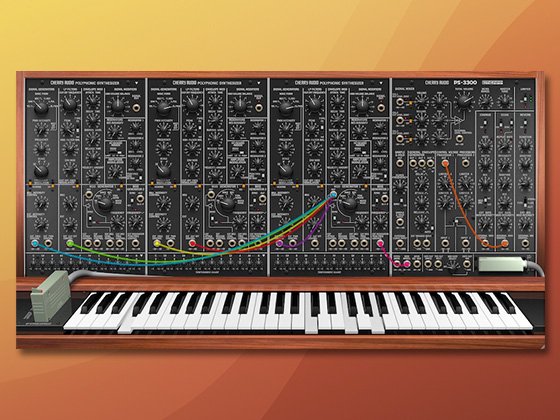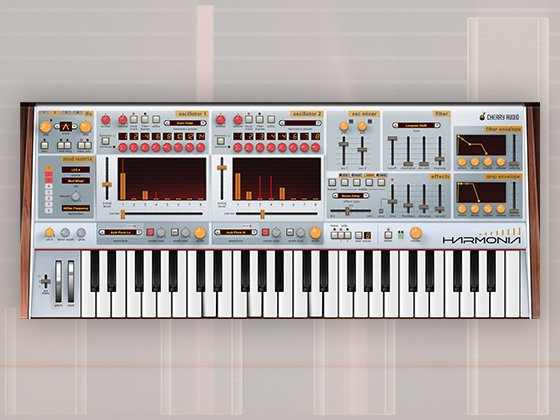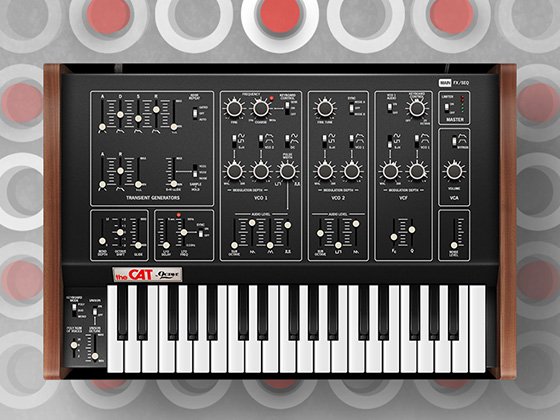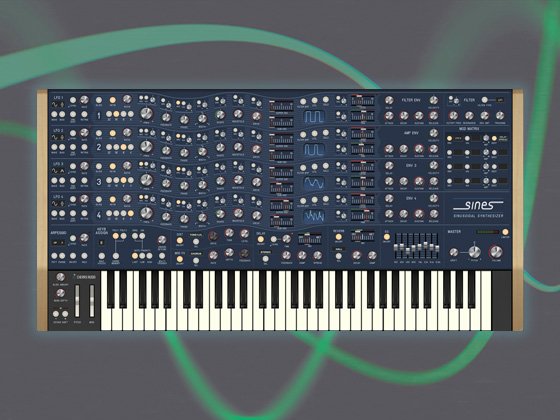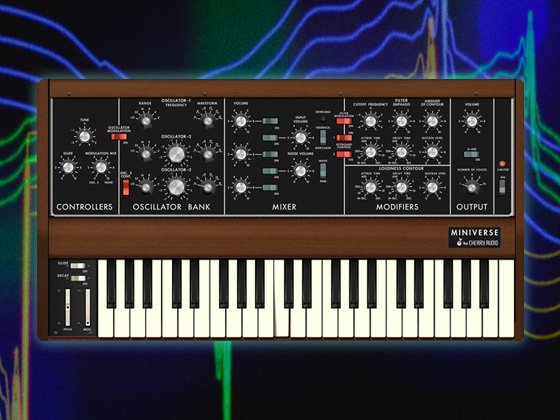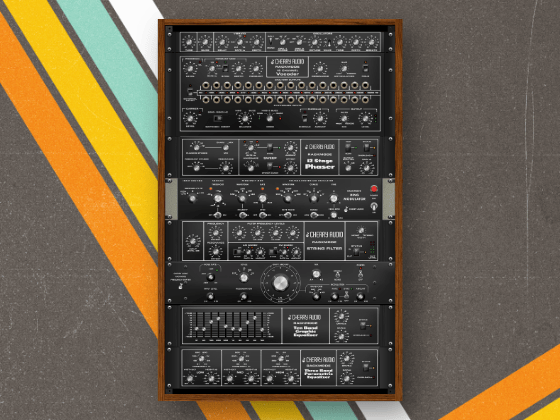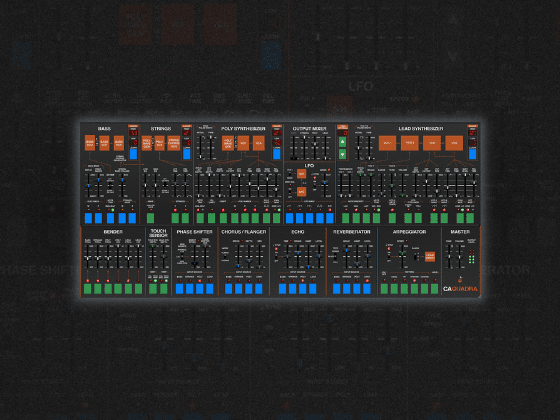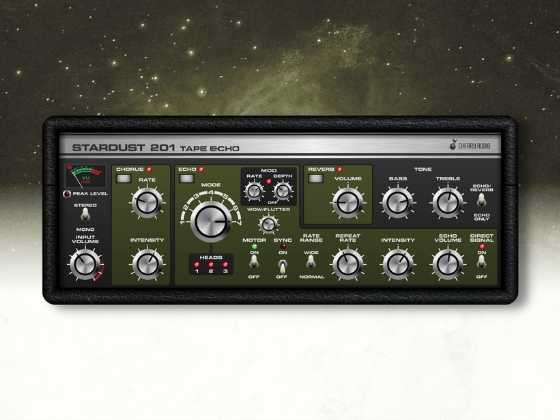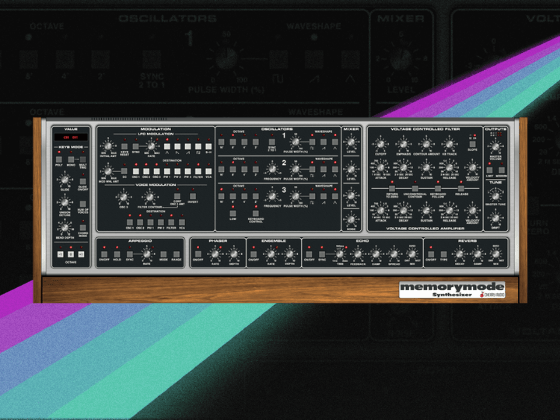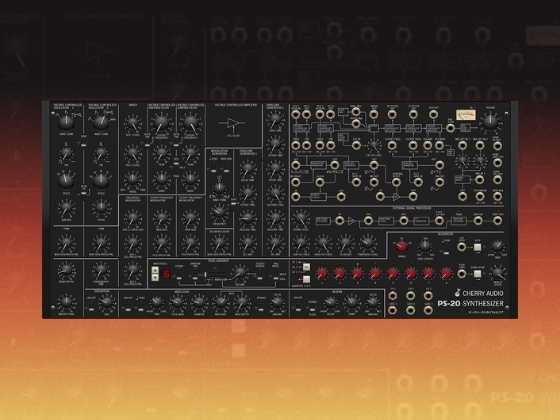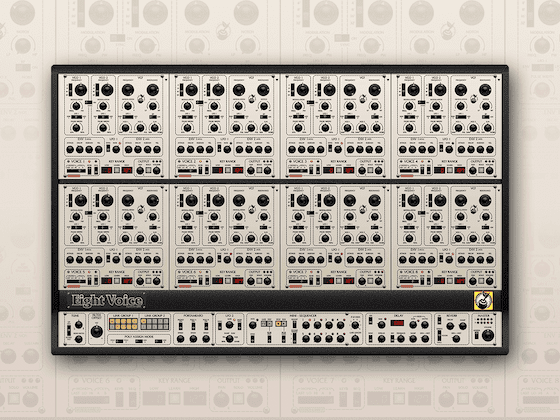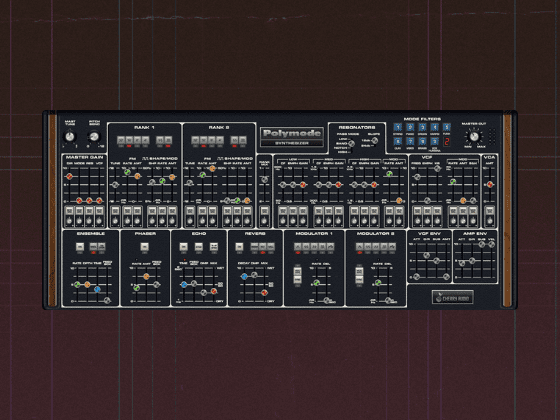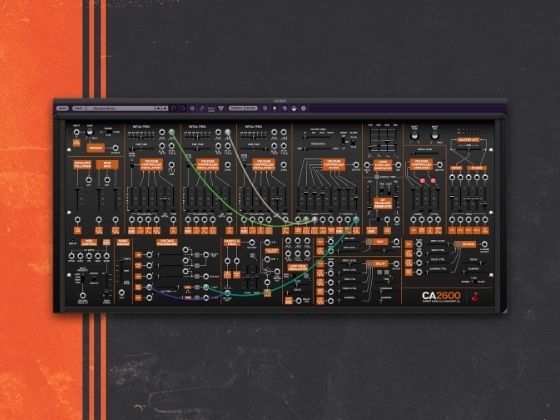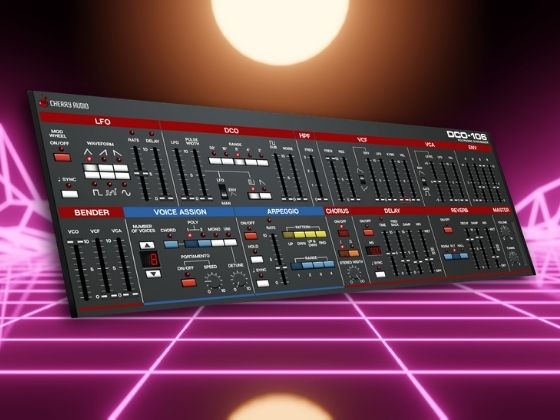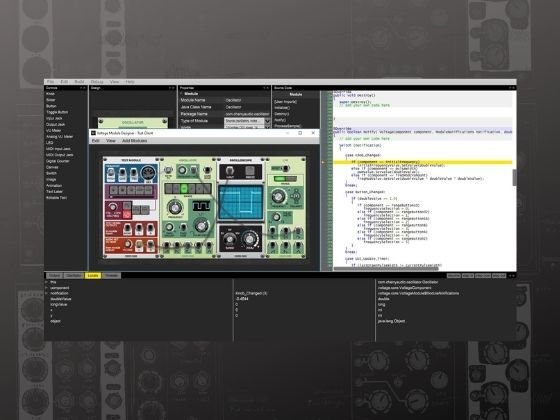Manufacturer: DMT Audio
$9.00 $12.00
Introducing the DMT Audio Mercury - a quad- polyrhythmic Euclidean Sequencer. Unlike it's older sibling Gemini, this is Polyrhythmic, rather than polymetric. This means that one block of time is split up into steps, no matter how many, and then the Euclidean algorithm is applied on top.
In addition, Mercury features Microshift (mShift), which allows you to shift the pattern by small amounts to dial in a nice amount of shuffle or unevenness.
On top of that, the current position in the rhythm can be controlled by the LOOKUP input jack. Sending in a standard -5v to 5v Ramp will move evenly through the rhythm as normal, but sending in a altered wave (like from the Super LFO module) is where things get really exciting!
Controls
Global
Reset - A HIGH signal will reset the pattern back to the start. Only works if nothing is connected to LOOKUP.
Lookup - Determine the current position in the sequence. -5v will move to the start position, 5v to the end, 0v is the middle. Sending a standard ramp wave wwill give you a 'normal' playback with evenly-distributed steps, but skewing the wave, will give different results (see below).
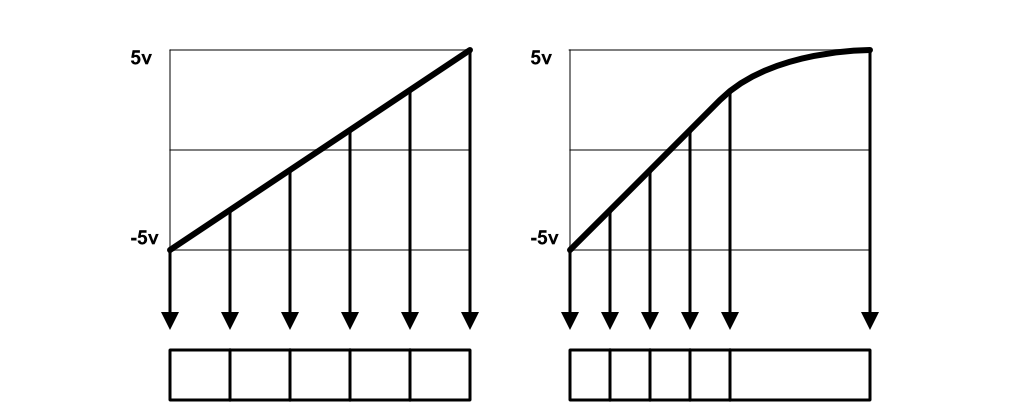
Speed - Controls the speed of the sequencer in BPM. Only works if nothing is connected to LOOKUP.
Gate - Determines how long the HIGH signal is output from the Output Jacks on each trigger, as a % of the full length of the step.
Per Channel
Steps - Total number of steps for the channel. This is the number the full pattern will divide into.
Events - Total number of 'events' or triggers in the sequence.
Shift - How many steps left or right you wish the active events to be shifted.
mShift - % shift you wish the active steps to be moved. 0 is no shift, and 100% is a shift of 1 step.
Outputs
Outputs - Colour-coded gate outputs.
agentslimepunk
Jul 7, 24
Doesn't seem to sync up to anything
This module looks like it has quite a lot of potential on the surface, however sending a 'standard ramp' into the lookup input requires some math modules in order to skew it properly (or else it swings back and forth like a pendulum, which definitely doesn't seem like the default / standard configuration), and still won't sync properly without some boolean logic. The same goes for using a super LFO -- any effort to change the values aside from 4/4 (meaning one tick per beat) sends you into a spiral of putting the module on life support just so it stays in sync.
I don't know. Maybe a regular clock was the answer all along?


























